We recently connected with SUZY ISMAIL and have shared our conversation below.
SUZY, thanks for taking the time to share your stories with us today Can you recount a time when the advice you provided to a client was really spot on? (Please note this response is for education/entertainment purposes only and shouldn’t be construed as advice for the reader)
In working with our clients, one of the best pieces of advice that I think can be given is remembering that you can’t control other people’s reactions, you can only control your own actions. Being able to focus on output rather than outcome helps immensely in shifting the focus from expecting everyone around you to change to empowering yourself by thinking about what you can change instead.
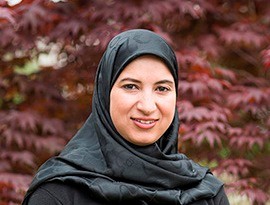
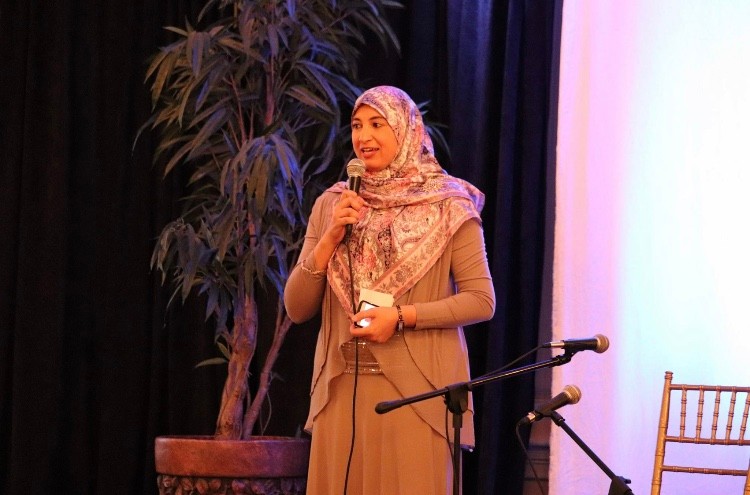
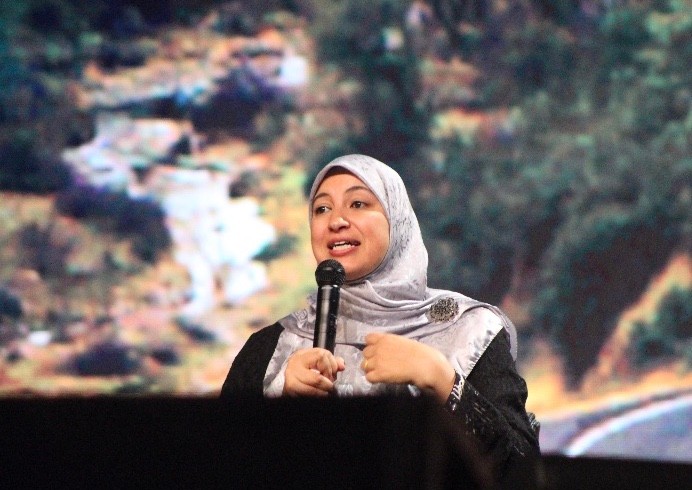
SUZY, before we move on to more of these sorts of questions, can you take some time to bring our readers up to speed on you and what you do?
My journey into the field of Communication Intervention and becoming the founder of Cornerstone was a bit of a winding path with many twists and turns. I started my career in Communication focusing primarily on academia and teaching at the university level. My research led me to explore issues that plague interpersonal relationships and to seek a better understanding of what makes relationships work. My research on marriage in particular led me to write my first book called “When Muslim Marriage Fails” which was published in 2010. When that book came out, I found many people from around the world, reaching out for guidance on struggles they were experiencing in their relationships.
Upon recognizing the need for education on this topic, I started working closely with another organization offering seminars and workshops in premarital education. Soon, the course offerings included marriage, divorce, blended families, parenting and all things related to relationships. However, it wasn’t enough to just offer the education as those who attended the programs consistently wanted to meet in individual sessions to discuss their personal struggles. This is how an alternative form of therapeutic intervention was born. A few years and a few books later, Cornerstone became an independent organization offering communication intervention focused on spiritual psycho-social emotional wellness in the areas of marriage, family, parenting, youth, anger coaching, addiction struggles, grief/loss, geriatric care, and life changes. What was unique about the services we offered was that we were offering these services in Arabic, English, Urdu, Dari and several other languages both in-person at several offices and through televisits.
In 2015, during the Syrian refugee crisis, we found that our services were being requested by many resettlement agencies to help resettled refugees adapt to their new environment and to work on strengthening relationships in the face of severe PTSD. Since we were one of only a few organizations nation-wide that offered these types of services in Arabic, we soon became the space for many refugee clients seeking assistance with their relational and emotional wellness needs. In 2016, I traveled to the border of Syria to work with refugees in the camps in Jordan and found that this was the turning point in terms of my research and the direction of my work.
I was completely in awe of the fact that the refugees we worked with in the camps would share harrowing stories of their experiences while still smiling and expressing humble gratitude for what they’ve been through. I found myself fascinated with the idea of emotional resilience and what informs resilience particularly among refugees. We officially opened our refugee division that year and I began researching emotional resilience among refugees. The findings from this research informed the approach we take in our refugee services. Currently, we partner with a national resettlement agency and provide refugee integration intervention throughout the US in several different languages.
In addition to the work that we do at Cornerstone with couples, families, youth, parents, and the services we provide in these areas, I’m most proud of the work we do in the refugee sector since this is a community that can truly benefit from the emotional wellness programs we provide. Our motto at Cornerstone is “You are not alone” and this is the crux of our mission in serving our clients every day.
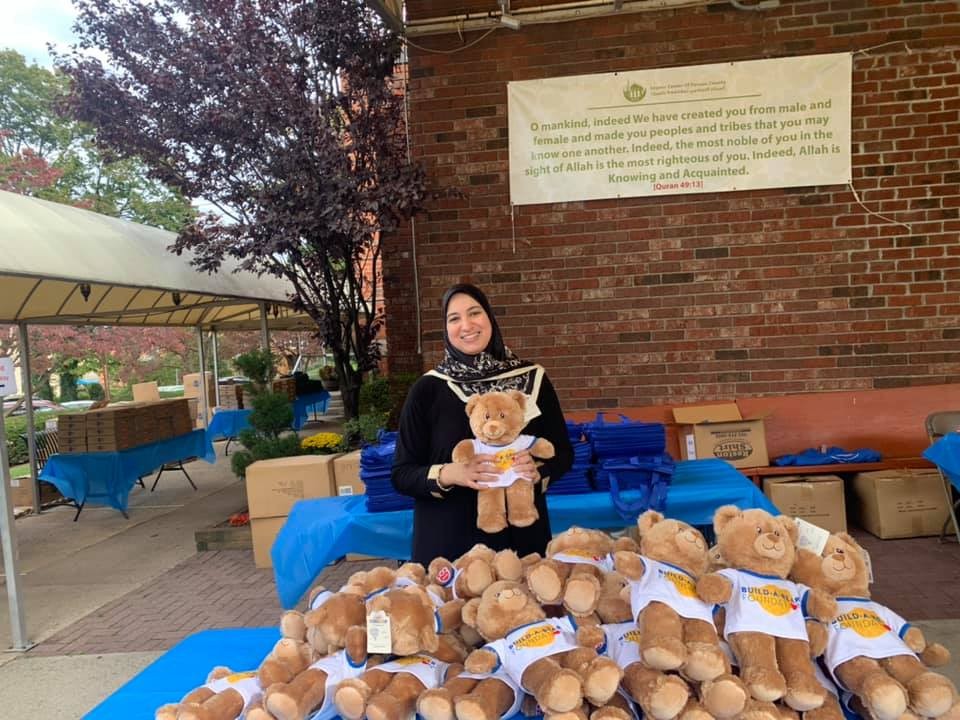
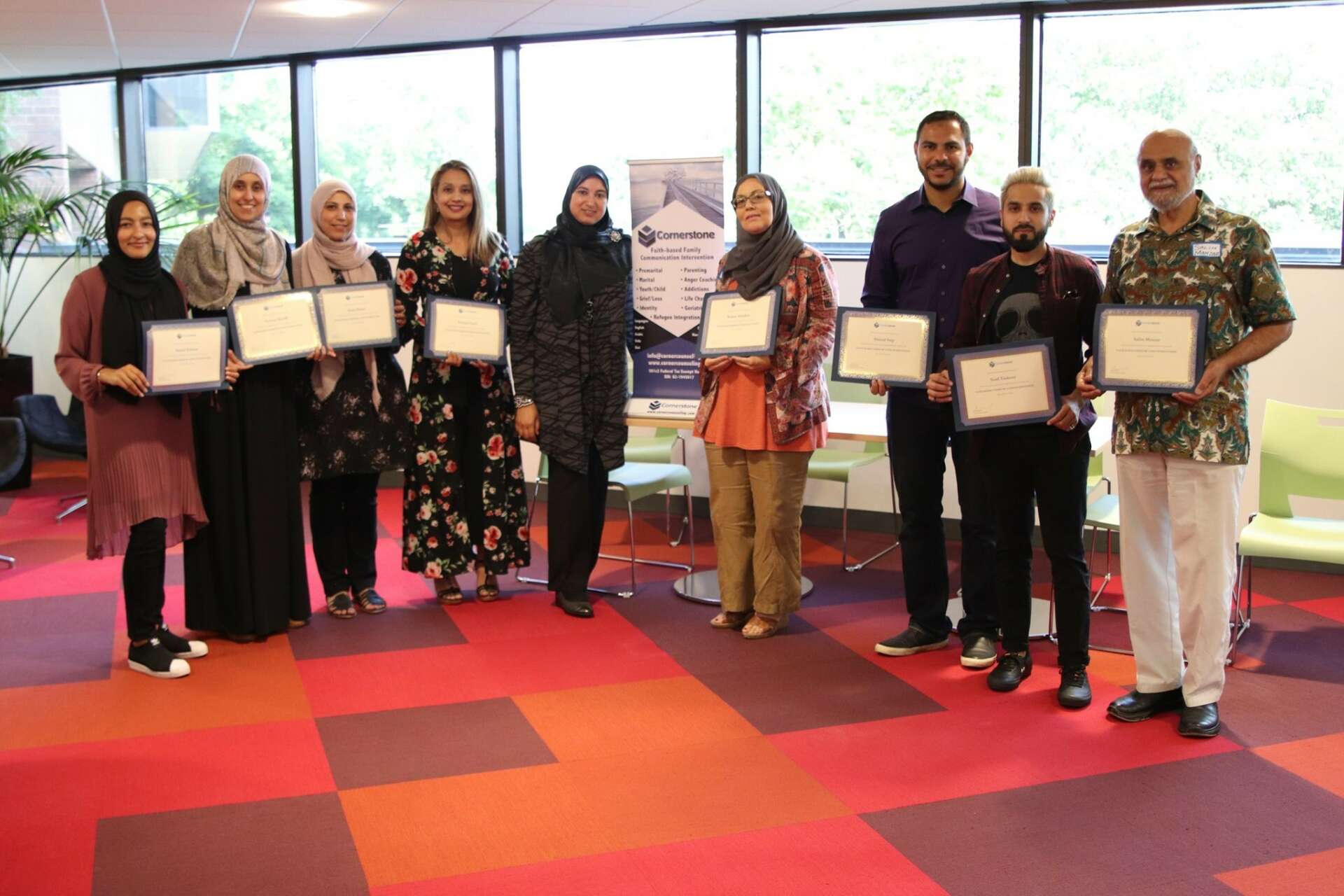
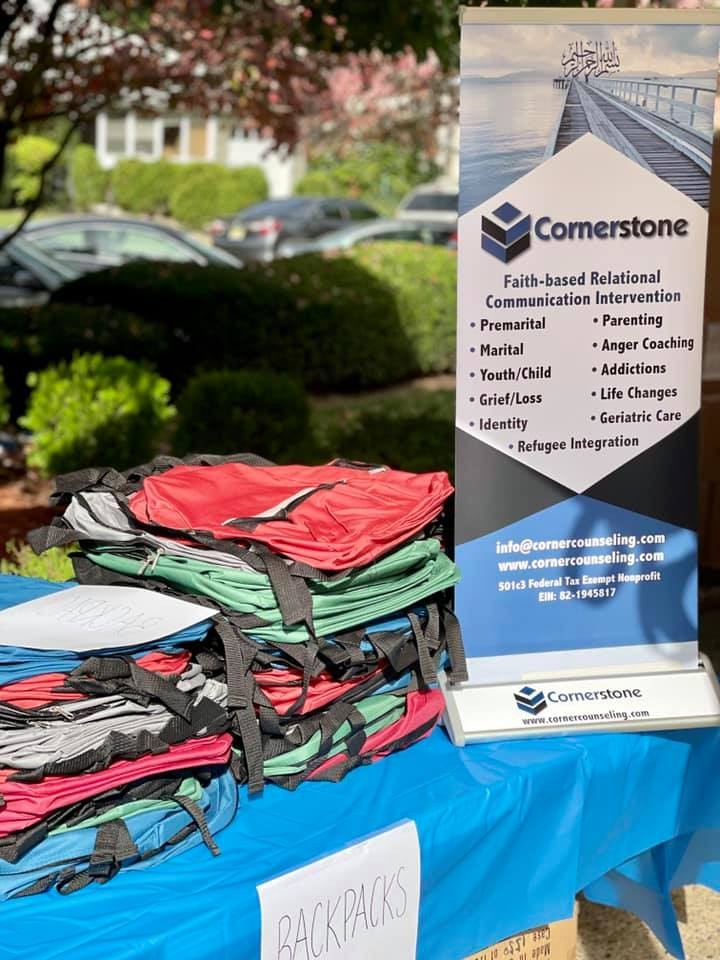
We’d love to hear a story of resilience from your journey.
I often share this story in lectures, talks, and workshops in how our own struggles can transform us and give us direction in helping others. Many years ago, before my three children were born, my husband and I struggled with having children. We experienced several miscarriages and late term intra-uterine demises. Finally, after years of trying, I carried a pregnancy almost to term and gave birth to a beautiful baby girl who we named Jennah. But the day that Jennah was born was also the day we said goodbye because she was stillborn. That loss was felt very deeply and as the years went on, I would often think back to what the learning lesson was in that difficulty.
Years later when I was invited to work with refugees in the camps in Jordan, I met a little girl who clung to me during my visits. She went by the nickname Juju but she didn’t speak out loud or to adults because of severe trauma she had endured. On my last day there, I turned to her friend and told her to ask Juju if she would like to say anything to me before leaving. She whispered something in her friend’s ear and her friend relayed the message by saying “Jennah wants to know if she can call you Mamma because she doesn’t have a mom anymore.” That moment was life-changing for me in being able to see the wisdom in the pain that we all experience at different times in our lives. Sometimes it takes years for things to make sense, but when they do, there is such an immense feeling of gratitude for the most difficult of experiences that we encounter.
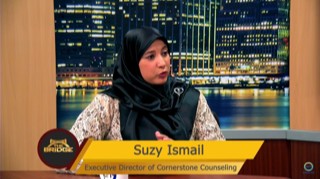
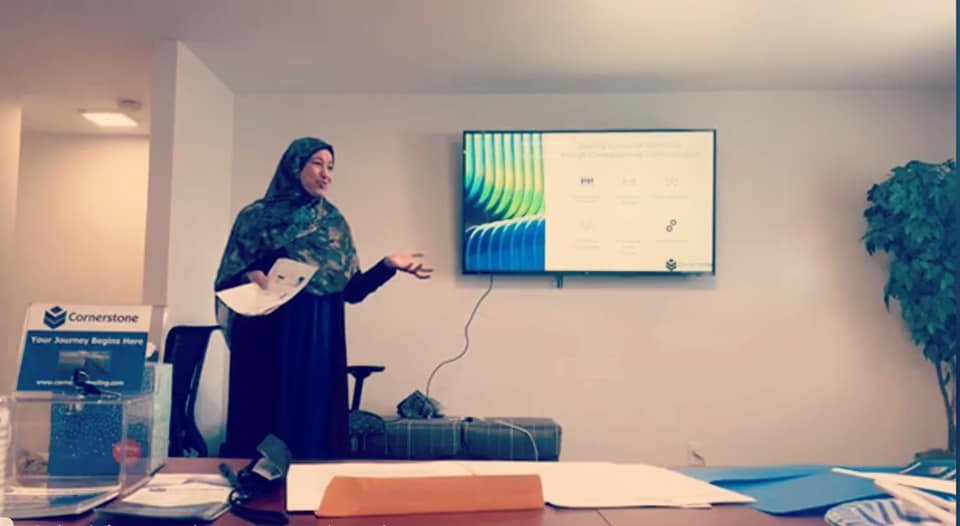
Other than training/knowledge, what do you think is most helpful for succeeding in your field?
I believe the field of human services requires more than just knowledge and education. It also requires lived experiences that inform our authenticity. We often say, “you can’t pour from an empty cup,” but I believe that the cup is filled by our experiences, losses, successes, pain, passion, and a million other emotions that make us human beings. If you haven’t lived long enough to encounter the range of emotions and human experiences, it becomes hard to relate to others in this field. Empathy requires more than just hearing people’s stories of struggles. In order to really help them work through those struggles, empathy requires walking beside the clients we serve and holding their hands through the pain so that they know that they are not alone.
Contact Info:
- Website: www.cornercounseling.com
- Instagram: @suzy.ismail
- Facebook: https://www.facebook.com/SuzySIsmail
- Linkedin: https://www.linkedin.com/in/suzyismail
- Twitter: @suzyismail
- Youtube: https://m.youtube.com/c/drsuzyismail


